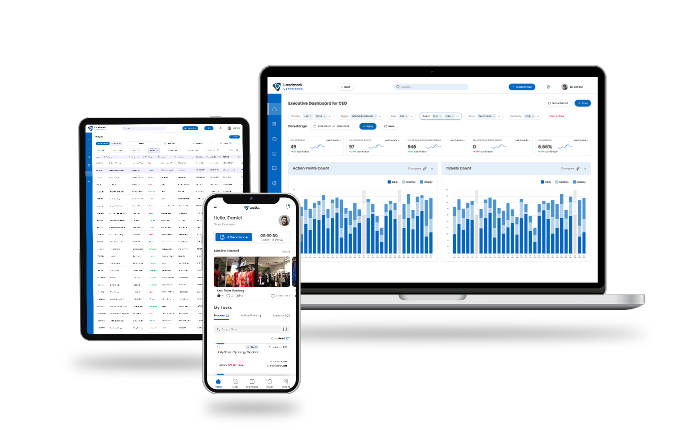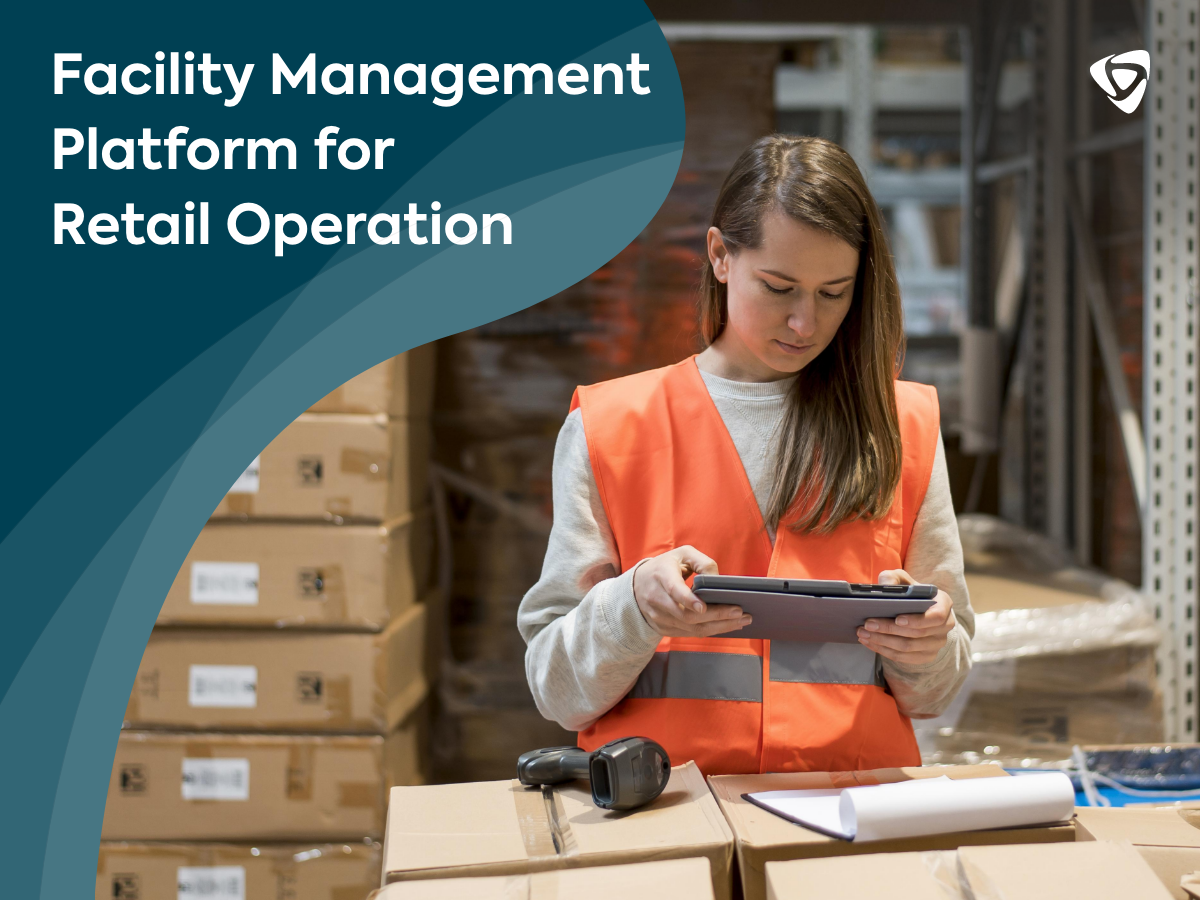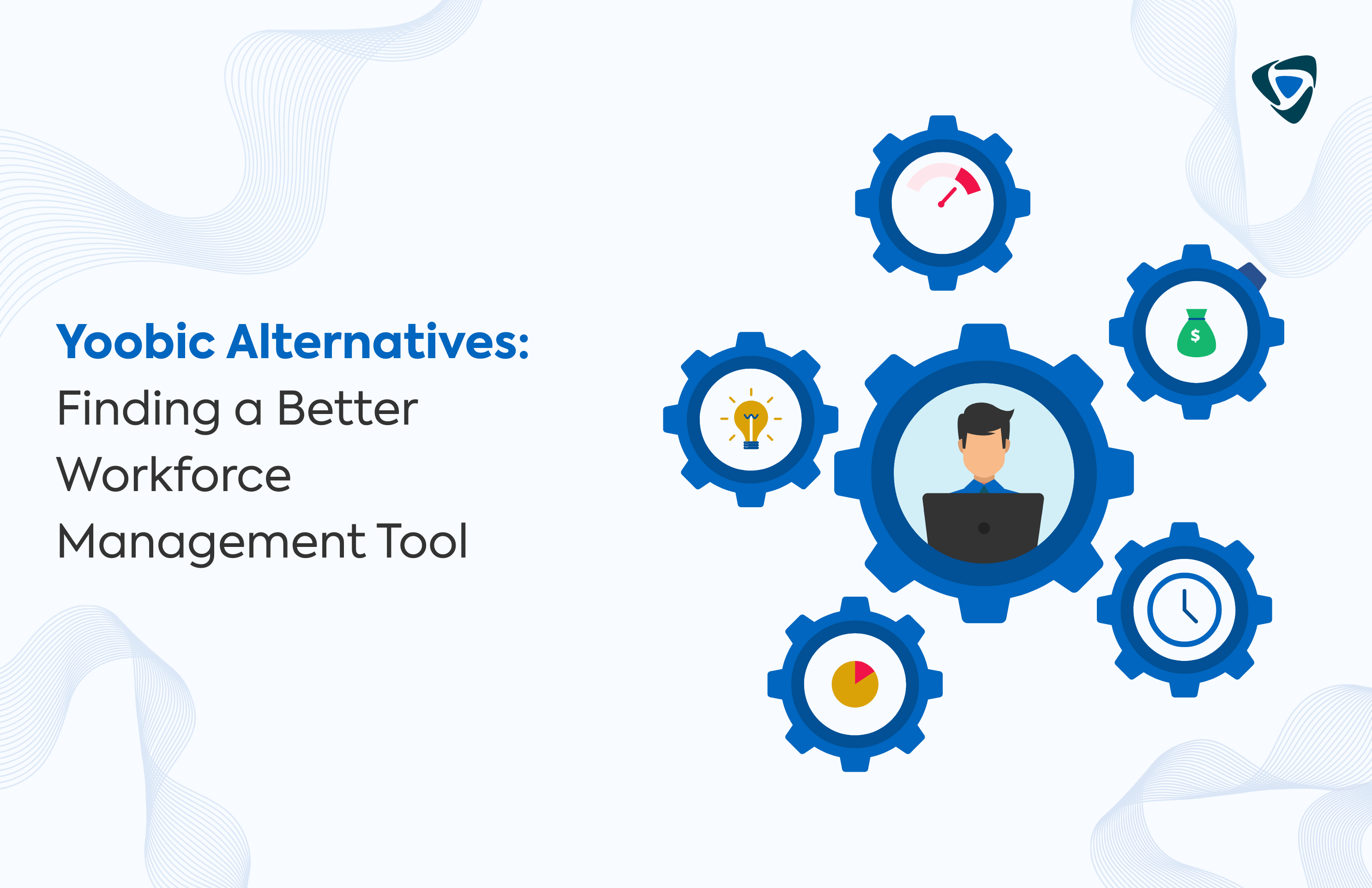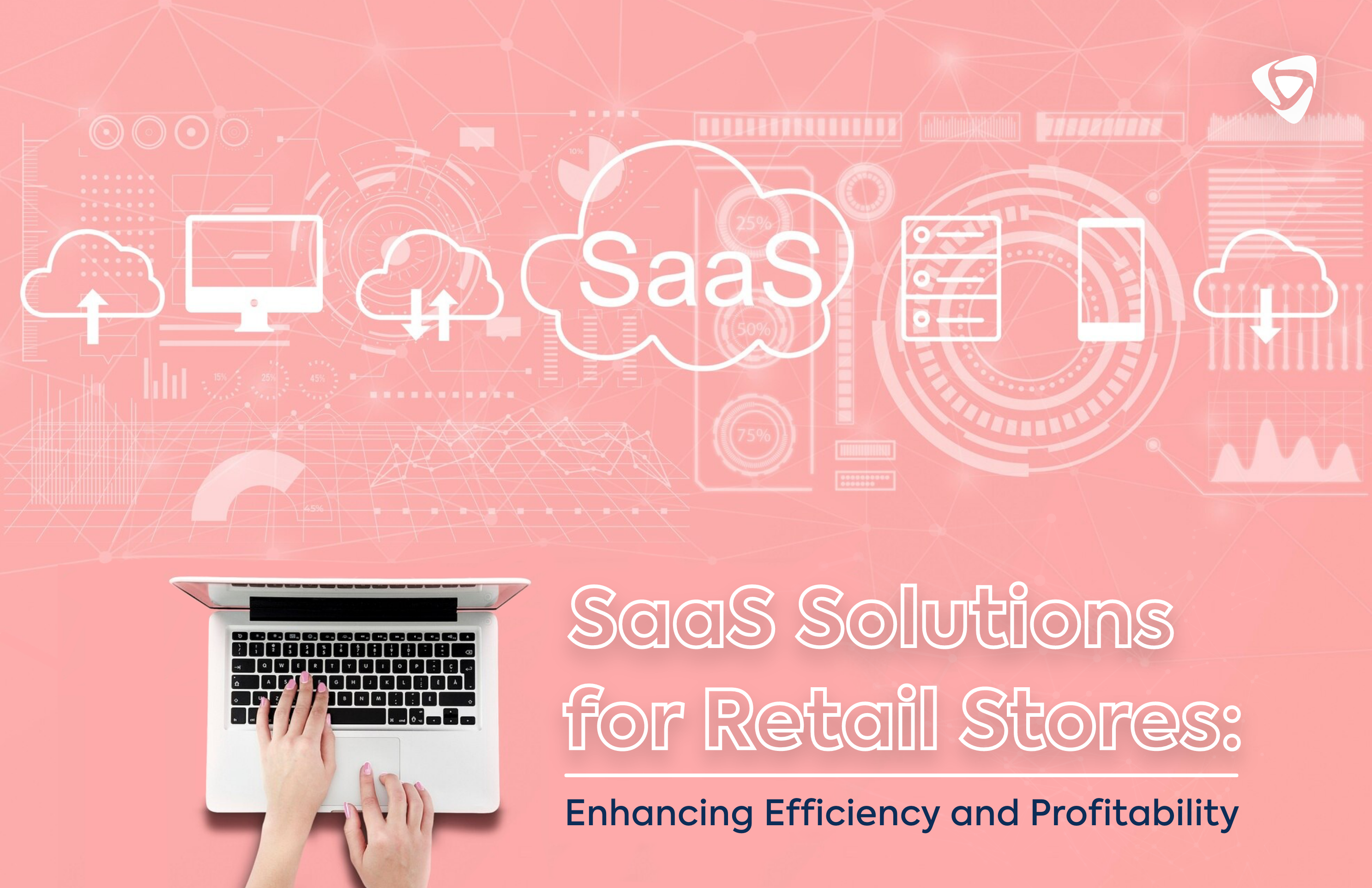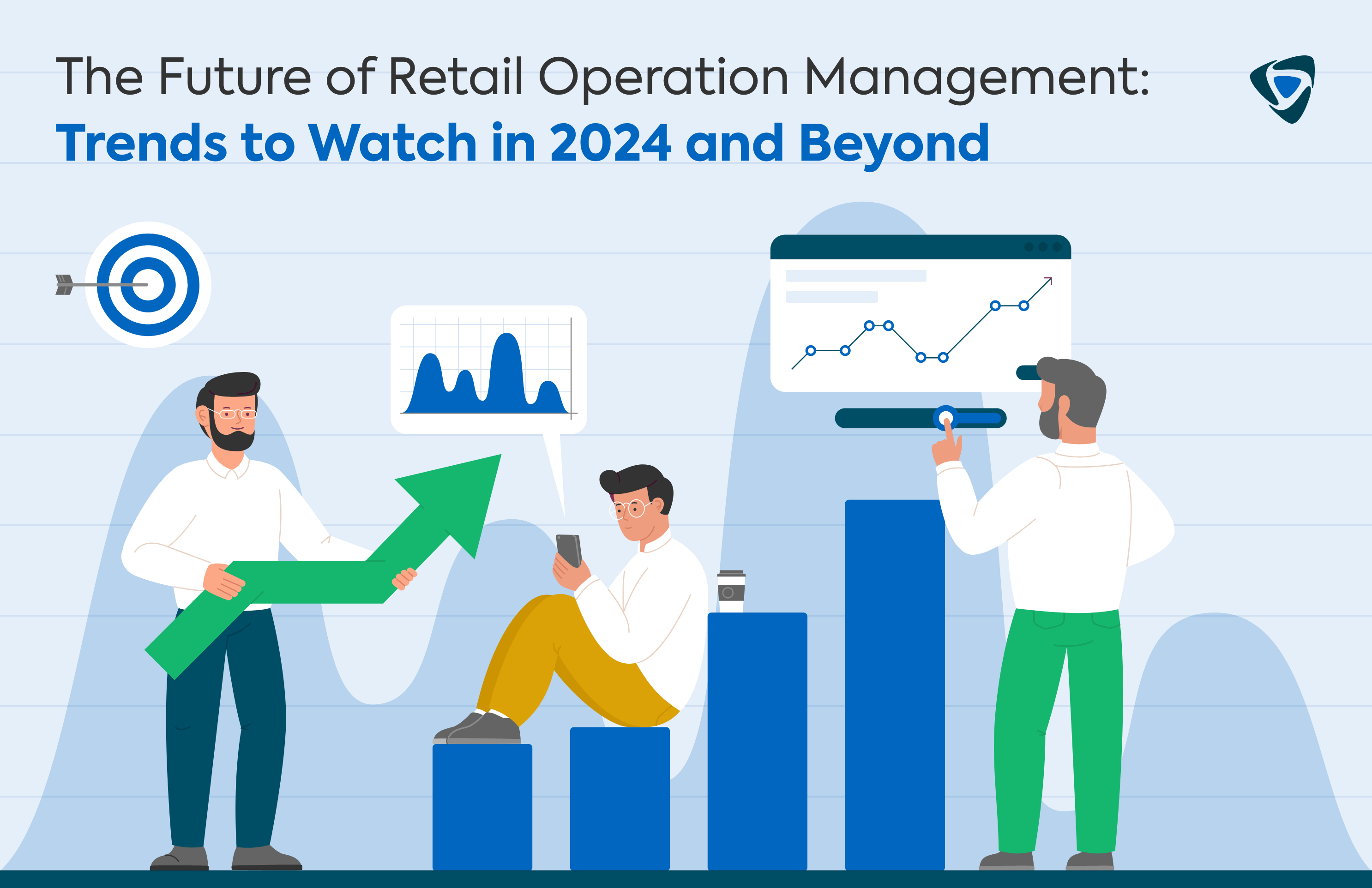Guide
The Importance of an Operations Management System in Retail
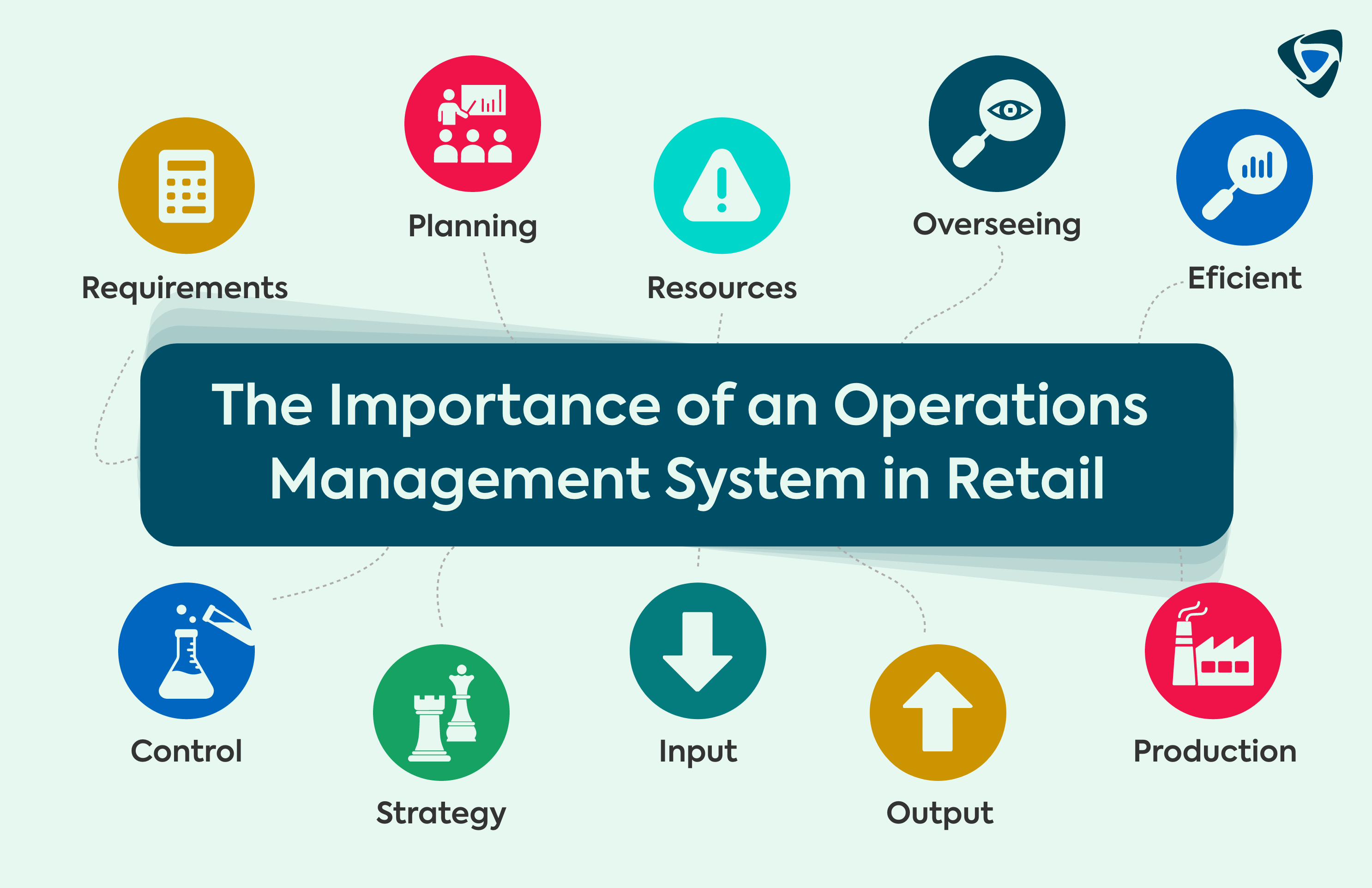
Retail Operations Management is an important process in the business to oversee day-to-day activities in the retail business. Retail operation management includes activities such as inventory management, order fulfilment, customer service, and store management. Now, the main goal of retail operations management is to ensure that operations run smoothly and seamlessly so at the end of the day, every customer has a satisfactory experience.
A retail OMS (operation management system) connects several functions into a cohesive, responsive, and efficient work of art, serving as the central nervous system of your retail operation. It makes sure that the shelves are brimming with merchandise and that consumers are leaving happy, from deft inventory dances to coordinated fulfilment processes. This article will deal with operational management in the retail industry.
What is an operations management system?
Operation Management System (OMS) is a software or platform that makes it easy for businesses to plan, monitor, and control their day-to-day operations. Every facet of your business, including order fulfilment, customer support, inventory management, and data analysis, is smoothly integrated by this retail OMS software program.
Let’s understand the features of OMS software.
- Inventory zen: Say goodbye to wasted space and stockouts. The OMS uses data-driven forecasting to estimate demand and maintain the appropriate products on the shelves at the appropriate times.
- Contentment perfect: The chaotic jumble of order tracking becomes a serene waltz with OMS in your retail operation. The OMS guarantees smooth handoffs between online and offline channels, optimizes selecting routes, and makes packaging strategy recommendations.
- Customer symphony: Your team is equipped with a 360-degree perspective of every customer, thanks to the OMS.
However, an OMS is a culture transformation rather than merely a tool. It’s about valuing effectiveness, insights derived from data, and first-rate client experiences.
The scope of operations management in retail
Operations management software is a formidable force that lies beneath the glistening facades and busy aisles of the retail industry. Let’s understand the scopes of operation management in retail:
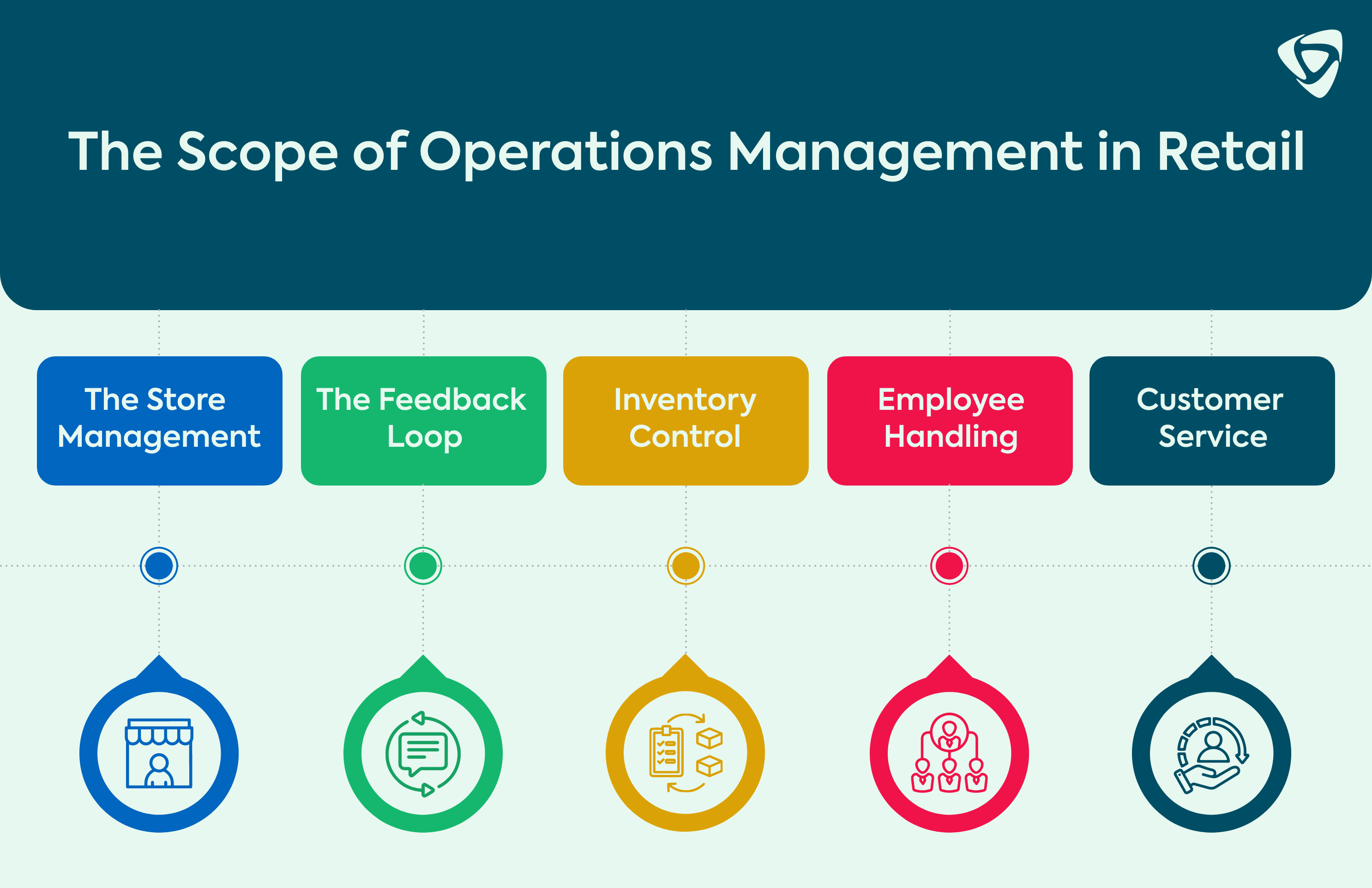
- The store management
Imagine that every store is a meticulously directed set, with the store manager at the centre of it all. Businesses can schedule employees, assign resources, and evaluate store performance with the help of operations management software.
- The feedback loop
The OMS maintains an intricate network linking suppliers, wholesalers, and retail outlets. It guarantees a constant flow of goods between the authorities.
- Inventory control
Consider operations management software to be the expert chemist, assuring the right balance of inventory, and inventory is the lifeblood of retail.
- Employee handling
Operations management serves as a talent scout, coach, and mentor because a store is only as good as its team. It enables workers to provide outstanding customer service by arranging shifts, training personnel, and streamlining procedures.
- Customer service
A flawless customer experience is the retail crown gem, above and beyond product and price. By evaluating client data, customizing interactions, and quickly resolving problems, operations management polishes this diamond.
From store management to inventory control, the scope of a retail OMS extends beyond that. It assists with tasks associated with procurement to delivery and provides insights related to market trends, consumer behavior, and industry innovations.
Key components of an operations management system
The purpose of the operation management system is to promote and support efficient business processes. Operation management focuses on multiple aspects of an organization’s daily operation. Let’s understand the key components of the operation management system.
Process management
Workflow automation, SOPs, and process management are the three hidden acts that power retail’s magic show. Consider them the lighting, the script, and the stagehands. From order to delivery, every stage of the process is mapped out by process management, guaranteeing seamless execution.
With robots and intelligent systems taking over monotonous jobs, workflow automation adds to the digital flourish. The manual, or SOPs, provides employees with precise instructions on how to execute at the highest level. Put their heads together, they make every transaction a standing ovation by fusing efficiency, accuracy, and delight into the retail experience.
Inventory management
Retailers’ worst nightmare is empty shelves. The show continues smoothly, though, when the dynamic trinity of demand forecasting, real-time tracking, and inventory management appears. Dusty spreadsheets become digital detectives with “real-time tracking”.
Products communicate their location and quantity in a whisper, filling shelves with the appropriate things at the appropriate times. Demand forecasting has become a powerful tool. Future trends, sales figures, and even the weather can be hinted.There will be no more worrying about overstocking or understocking because the software will always provide the insights.
However, inventory control is more than simply math. You waltz with data, adjust stock levels, haggle with suppliers, and even put clever promos into place to keep shelves and wallets happy.
Supply chain management
The intricate network of the supply chain, which powers every retail establishment, is buried beneath the eye-catching front of the industry. The three strong forces guiding this system are supply chain management, supplier relationship management, and logistics and distribution.
Supply chain management is the conductor, carefully arranging each product’s path from raw materials to your shopping basket. It ensures a seamless flow of commodities with no errors by forecasting demand, negotiating with suppliers, and optimizing transportation routes.
Finally, logistics and distribution are the great climax. With the help of flexible transportation networks and effective systems, products traverse continents like dancers.
Staff management
The success of retail depends on a cohesive team, and staff management coordinates the performance. Imagine conductors brandishing batons in the form of shift scheduling, time tracking, and performance metrics. Precise scheduling is guaranteed by time tracking, which also reduces wasted hours and increases worker productivity. Shift scheduling turns into an enigma of strategy. Expert planners create timetables that guarantee ideal staffing levels, avoid burnout, and maintain departmental productivity based on data and employee preferences.
Finally, input from performance measurements is extremely helpful. Customer satisfaction surveys are full of compliments, sales figures reveal hidden meanings, and data vividly illustrates both individual and group strengths.
Customer service management
The pivotal encore in retail operations is customer service management. Quickly answering client questions and handling complaints with elegance are important to keep the customer happy and satisfied.
Compliance and reporting
Compliance and reporting handle the show’s legal and financial compliance, like watchful stage managers in retail’s spectacular choreography. In terms of adhering to legal and regulatory requirements, ranging from tax laws to product safety, Regulatory compliance takes the lead.
Reporting and analytics take over as the data whisperers, but the show must go on. Spreadsheets display sales figures in a whirling motion; databases display customer trends, and operational measurements provide insights.
Technology and innovation
The current retail stage lives on a dynamic fusion of physical and digital prowess; forget dusty shelves and manual orders. Innovation and technology are the unseen strands that seamlessly integrate efficiency, customization, and experiences for the client. Here’s how technology plays a crucial role in operation management.
- Integration of eCommerce: When online and offline come together, walls fall. Imagine products that flow from online to offline sales with ease, inventory that is synchronized across channels, and omnichannel fulfilment that makes every transaction a smooth ballet.
- Point of Sale (POS) Systems: These systems turn cash registers into electronic command centres. POS systems do more than handle transactions; they can also handle loyalty programs, provide product recommendations, analyze data in real-time, and even customize offers depending on the preferences of the user.
- AI and Machine Learning: These technological whizzes murmur knowledge extracted from massive amounts of data. In addition to predicting client behaviour, they forecast demand, optimize inventory levels, and personalized recommendations.
Benefits of implementing an operations management system
Let’s look at the benefits of implementing an operation management system:
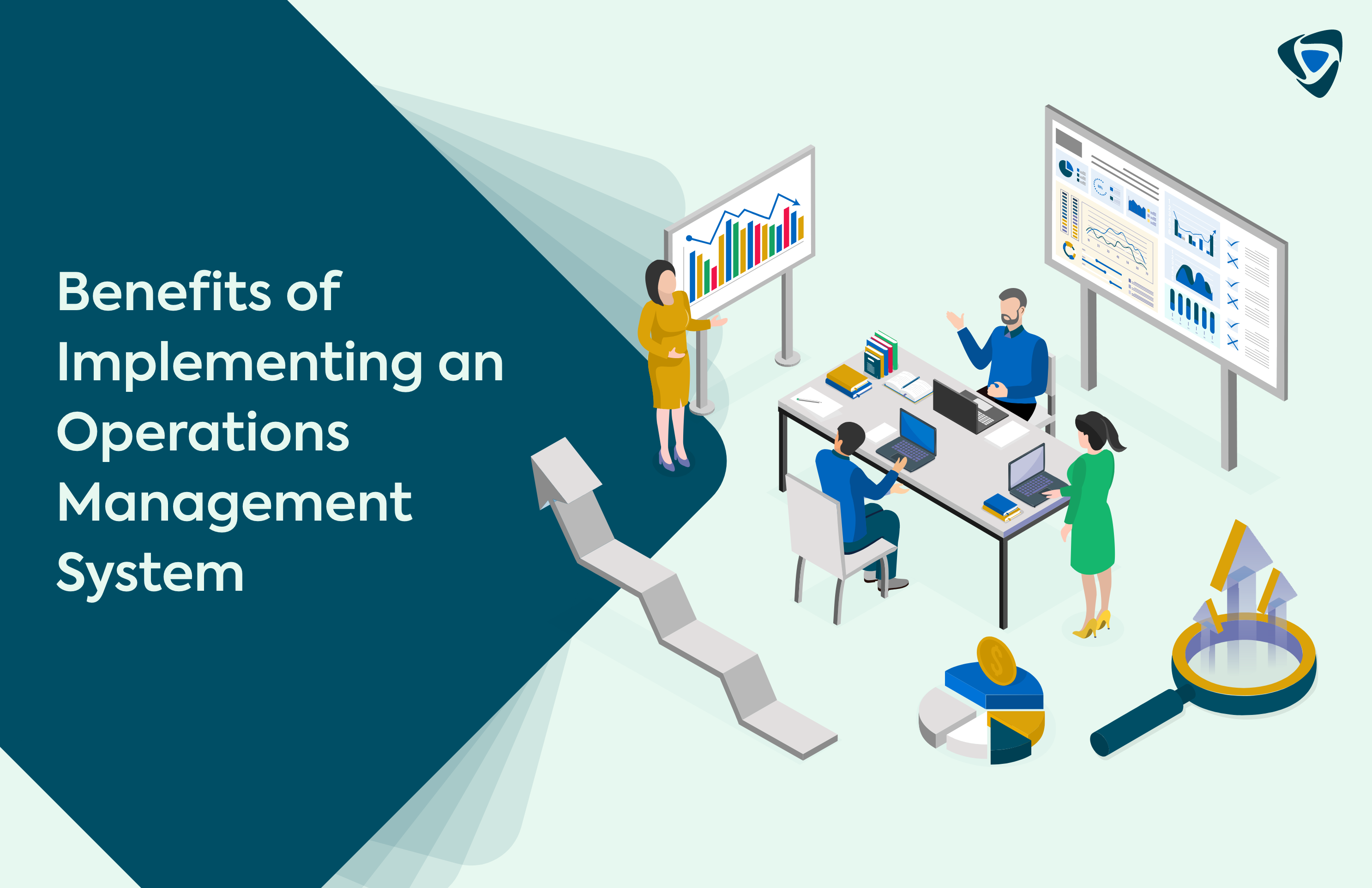
- Achievement and Output: No more inventory spreadsheets or desperate searches for lost inventory. OMS increases efficiency to increase staff productivity and free them up for key activities by automating jobs, optimizing workflows, and streamlining processes.
- Client Satisfaction: Bid farewell to angry customers who experience delays in delivery or stockouts. With OMS, every interaction becomes a joyful customer experience as it personalized experiences, tracks orders in real-time, and seamlessly handles problems.
- Cost savings: OMS saves costs everywhere it can, from maximizing inventory levels to reducing errors. Efficient staff management, decreased waste, and cheaper shipping all contribute to a harmonious financial picture.
- Compliance and Risk Management: You can rest easy knowing that risks are reduced and rules are followed. OMS keeps close tabs on data, automatically produces reports, and guarantees that your retail stage meets all requirements.
- Competitive Edge: OMS helps you stand out in a congested market. You’ll outmanoeuvre the competition and dance to the beat of retail success with agile workflows, data-driven decisions, and tailored experiences.
Challenges and Solutions
An OMS doesn’t always provide a clear route to retail paradise. There may be obstacles in the way of implementation, but there are solutions to overcome them.
- Implementation issues: The most agile teams may encounter implementation obstacles such as data migration, system integration, and workflow modifications. Prioritize data accuracy, collaborate with seasoned suppliers, and accept staggered implementation.
- Instruction of Staff: Jitters might result from new technology. Make a significant investment in thorough training, promote open communication, and encourage early user involvement to ensure employees’ smooth transition to adopting new technology.
- Cost Considerations: OMS may be expensive. Prioritize features that will have the biggest impact on your particular needs, evaluate subscription models, and do long-term ROI analyses.
What to consider when selecting an operations management system?
To guarantee a faultless performance, pay attention to these five important notes:
- Scalability: Select a system that can grow with you, from a busy startup to a multi-channel behemoth.
- Adaptability: Give top priority to adaptability, making sure the system works well with your current configuration and procedures.
- Experience of the User: Choose an OMS that has an easy-to-use interface so that your team can embrace the technology rather than resist it.
- Security Features: Don’t skimp on protection. Select an OMS that offers strong data encryption and access controls to ensure the safety of your operations.
- ROI: Examine the investment’s long-term return. Select a strategy that produces tunes of concrete profit rather than financial worries.
Selecting the right OMS is essential because it can significantly impact the efficiency and profitability of your investment and profits. Also, ensure that your OMS system provides real-time visibility in your operations and customized analytics reports to support data-driven decisions.
What is retail operation management?
Retail operation management is software that helps businesses to ensure the smooth running of retail operations. It comprises different components, like inventory management, supply chain management, employee management, customer service, order fulfilment, and more. It creates a seamless customer experience while optimizing internal operations.
How retail operation management software can help?
For your company, retail operation management software, or OMS, is like having a superhero sidekick. It dives into:
- Foreseeing future trends: No more wasted storage or stockouts! It keeps shelves supplied with just what clients want by using data analytics.
- Accelerating delivery times: Orders are fulfilled lightning-fast, getting to customers quickly and happily and goodbye, agitated employees and harried customers!
- Delivering customer-focused experience: Each client is treated like a VIP. OMS remembers preferences, makes delicious suggestions, and cheerfully handles problems.
- Data-driven decision-making: Data insights can help make important decisions that could benefit operation management in retail.
- Empower your team: Strategic thinking and the thrill of progress replace tedious activities. Contented employees lead to satisfied clients!
So, an efficient and robust retail OMS contributes to the business’ seamless operations, increased efficiency, and overall success by addressing the various aspects of retail management.
Conclusion
The Operations Management System (OMS) is an unsung hero that works behind the scenes to orchestrate retail operations. It is the unseen facilitator, integrating effectiveness, enjoyment, and financial gain into each client interaction.
The maestro of inventory management, an OMS, ensures that the appropriate products are on the shelves at the right times. It also takes the lead in fulfilment, making sure that orders go smoothly from click to the door and that smiles are delivered more quickly than before.
However, the magic goes beyond practicality. An OMS explores the hearts and minds of consumers, using data analysis to tailor experiences, foresee needs, and easily handle problems.
 Schedule A Demo
Schedule A Demo 


